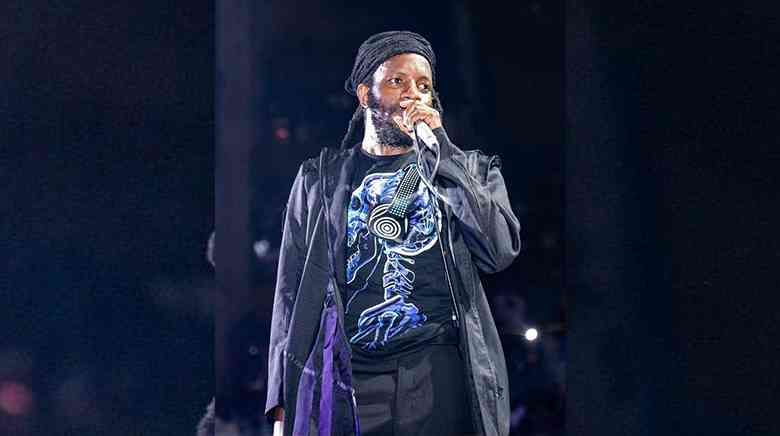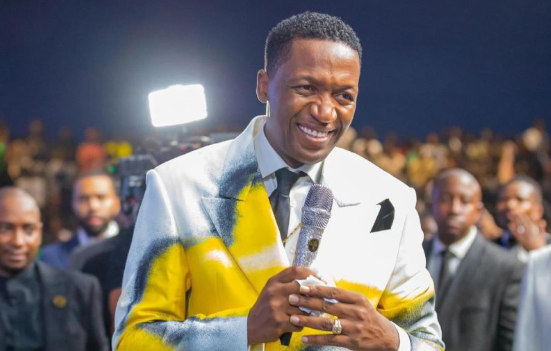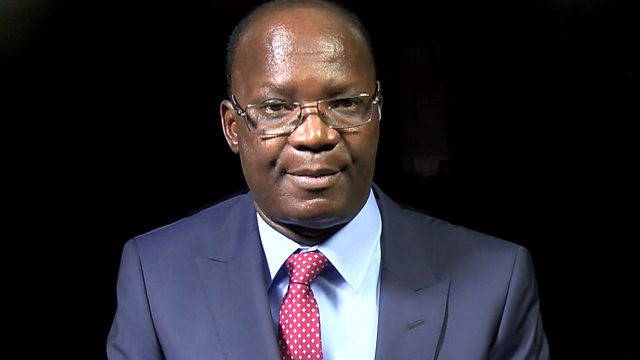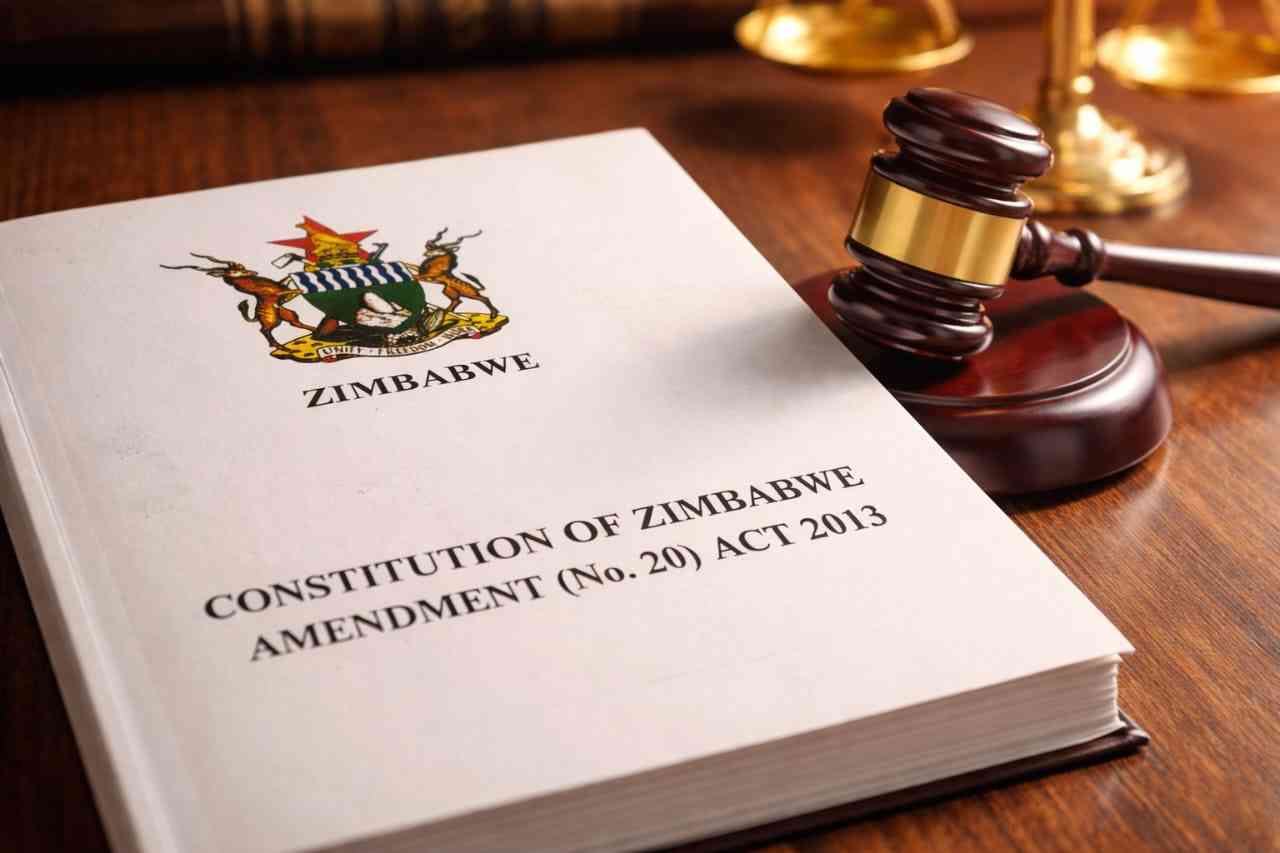
Popular musician Winky D says he does not stick to one template when he creates his music and his songs are influenced by the situation at a given time.
Winky D (WD) made the revelations on the platform In Conversation with Trevor hosted by Alpha Media Holdings chairman Trevor Ncube (TN).
Below are excerpts from the interview.
TN: Today, I'm in conversation with Zimdancehall pioneer, entertainer, singer, songwriter, Winky D. Welcome to In conversation with Trevor.
WD: Thank you. I'm very much honoured to be part of such a conversation. You know, when it comes to conversations, I regard this one as the Champions League of conversations.
TN: Thank you for your kind words. And on our Twitter feed, one of the questions that has been asked so many times is why is Winky D so social media shy? Why is he so quiet? Why does he live in a shell? What's your response to that?
WD: I don't think I live in a shell. Maybe we look at things differently. But as far as my social media handles are concerned, I think everything concerning the brand WinkyD, we give people updates as it happens.
I have made sure that it's a platform for me to send my message concerning the business side of Winky D as a brand.
- Uplifting ghetto youths is our priority: Gyver
- Winky D continues with regional dominance
- Opposition MPs demand answers on Belarus bus deal
- Mr P Banks on latest offering
Keep Reading
TN: And they say Winky doesn't respond to social media conversations. He allows many millions of supporters to respond for him.
WD: It's really difficult to respond because most of the things that will be circulating are rumours.
It would be very difficult for me to comment on remorse but when people approach me and want to hear the side of our story, we are free.
We have always been doing that from the beginning of my career up until today.
TN: One thing that is not a rumour, Winky D, is that you have got so many names. Wallace Chirumiko.
A lot of people don't know that's your name. That's your name. But you've got other names, lots of them. You are Winky D. You are president of The Ninjas. You are a professor, you are the gaffer, you are the big man. Talk to me about why there are so many names.
Do you give yourself these names or do many fans throughout the world give you these names?
WD: I think you left one extra. Extra-terrestrial. I think they move with the anointing.
TN: Okay. And also judging with the space I mean at any given time. But the one that is stuck is Winky D. And Winky D comes from Wicked DJ. Is that your favourite name, Winky D? Is that your brand name?
WD: Yah that was the genesis of the names.
TN: And you grew up in Kambuzuma. You were born in Kambuzuma.
WD: Yes. I lived in Kambuzuma for some time.
TN: Talk to me about growing up in Kambuzuma? What life was like for you in the ghetto as it were.
WD: Well, it's that typical ghetto life story, you know. When growing up, one would be regarded as naughty.
TN: And were you naughty?
WD: I know that's how people looked at me. But if I look at myself in the mirror, I see something different.
But yeah, I grew up in Kambuzuma.
I went to Rokudzo primary school up to my secondary education. I went to Kambuzuma High School.
There were so many lessons from kindergarten up until I was a grown-up man.
So the challenges that we faced, some may say there are challenges, but I regard them as lessons.
They made me who I am today.
TN: What would you say would be the biggest lesson and the biggest take away from that schooling that you got from growing up in the whole of Kambuzuma?
WD: I'll give credit to the struggling. We might not like it when we're in that situation at that moment, but it made me a stronger person at the end of the day.
So if I am to be in that situation again, it won't be an alien situation to me. I would know how to hold on to the ropes and sail through.
TN: And when did you discover that you had the talent and the passion for music? How early did you discover that you had the passion for music and the talent for music?
WD: Well, you know, when it comes to discovery, now it comes to appear like the situation, the greatest public situationI think the other thing was there from birth, but as an individual, I think it was the early stages of my primary education because I used to have a collection of tips, in those days, we were playing tips before CDs.
There were tips in vinyls. So I started having my collection. I think at the age of 10, somewhere there, 10-ish 11.
TN: And where did this influence come from, Winky because your brother, who's got my name, Trevor, is also into music.
He's a producer, he's a songwriter, like you. Do you think it's something that has got to do with your upbringing within the family?
WD: I think it's genetic. That's my belief. What I went through is actually what he is going through because at one time, I was a TV presenter and he was also a radio presenter, and also a TV presenter at one time.
So it's like he is following my footsteps. So maybe if I'm to sit down with the elders of the family, they will tell us the history.
TN: Take us through your creative process. For instance, your first commercial number was Rasta.
What triggers the creative process? What triggers you to say, I'm going to do this track. There's a lot of social commentary in your music.
There's a lot of political commentary in your music. What tends to be the biggest thing that triggers that creative process for you?
WD: Well, in terms of the creative process, I don't think there is a template on this, how things go like, or this is how it works.
It just depends on the situation. Maybe at first it might be like an idea, or maybe I can be inspired by a beat. I can also be inspired by a situation.
So there's no template really to say, all right, this is how it is done, like making great.
TN: So one of my favourites is in Jam, for instance, talk to me through that creative process. What triggers that creativity?
WD: With Jama basically, what I was trying to bring out there is like, we are prisoners of ourselves in most of the cases.
Our habits have actually become the cell block. So we have to think outside the box and do away with certain things.
And we should not look at things through a keyhole. Let's open the door and have a wide view.










